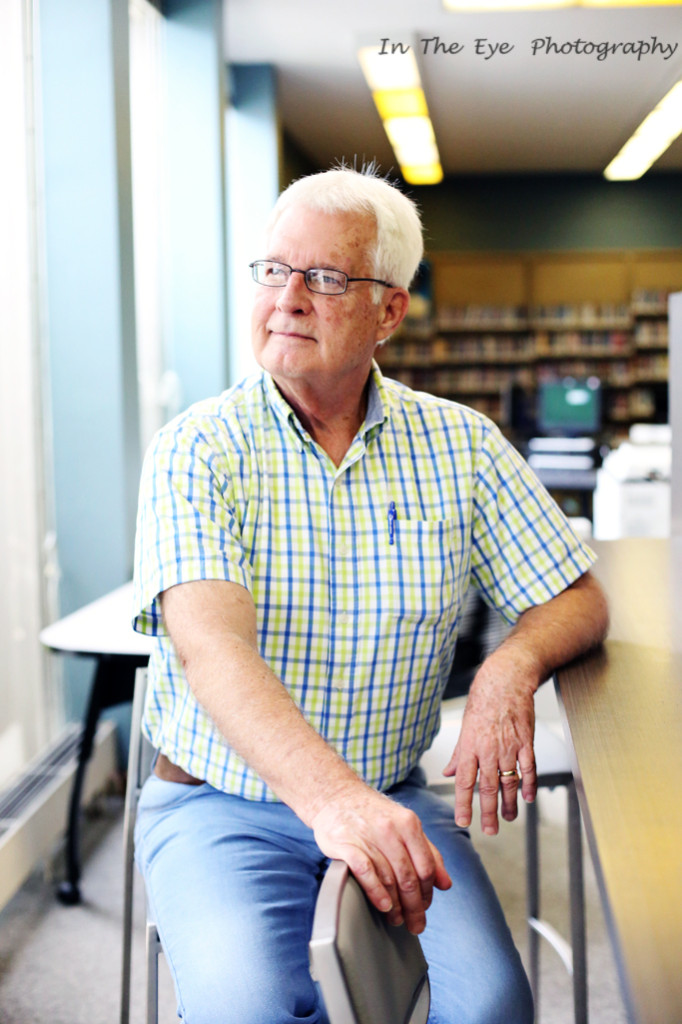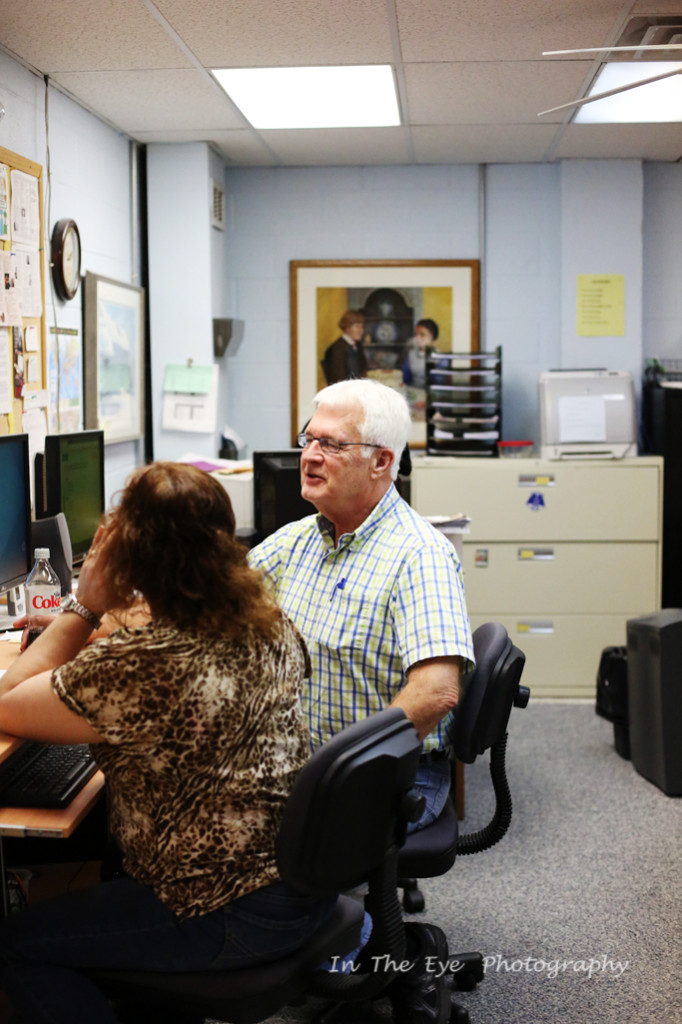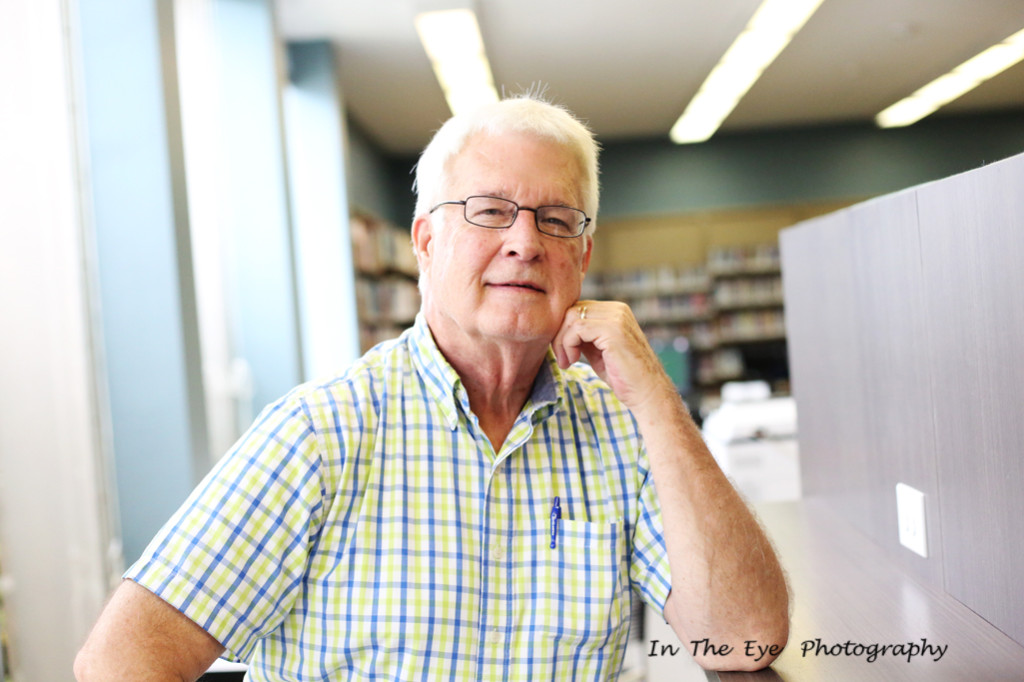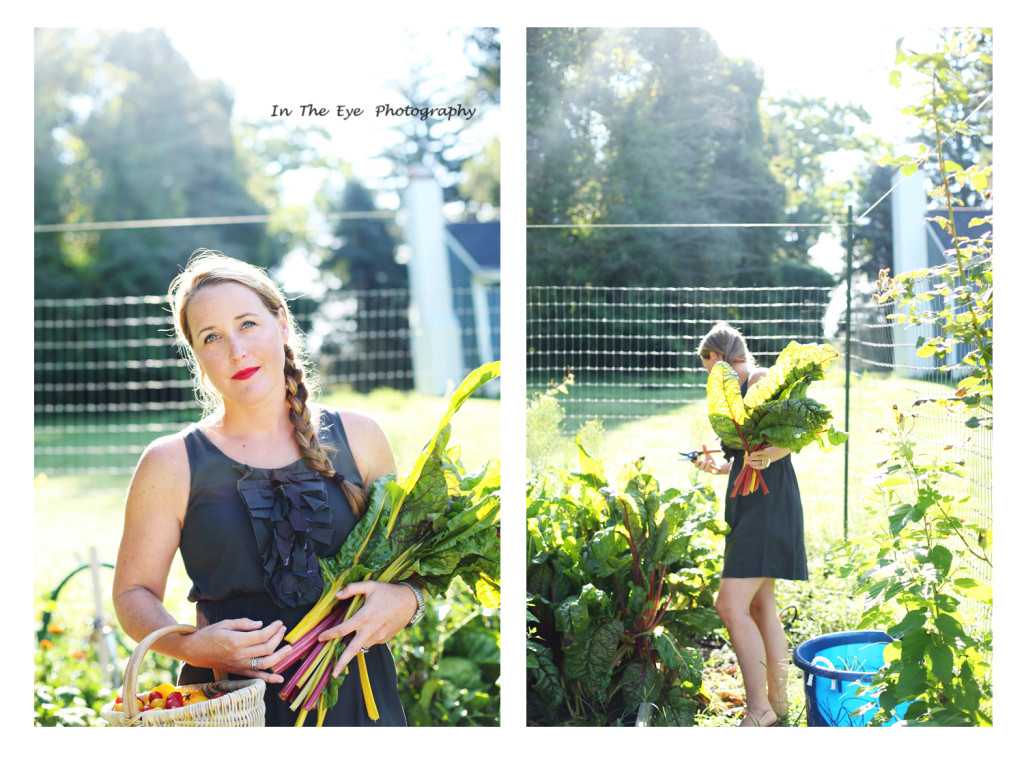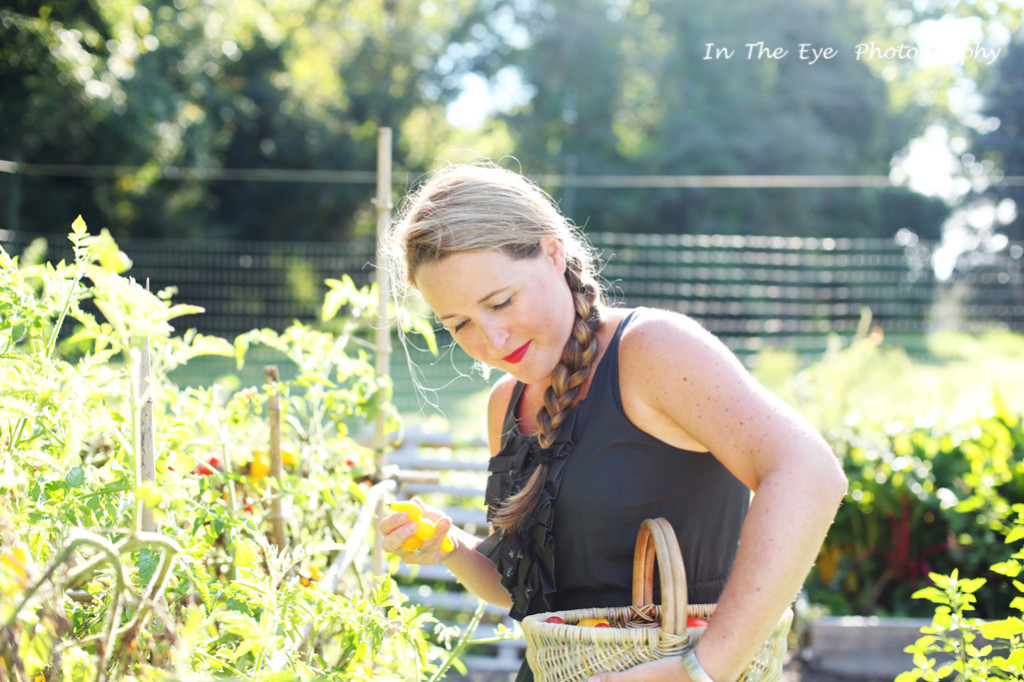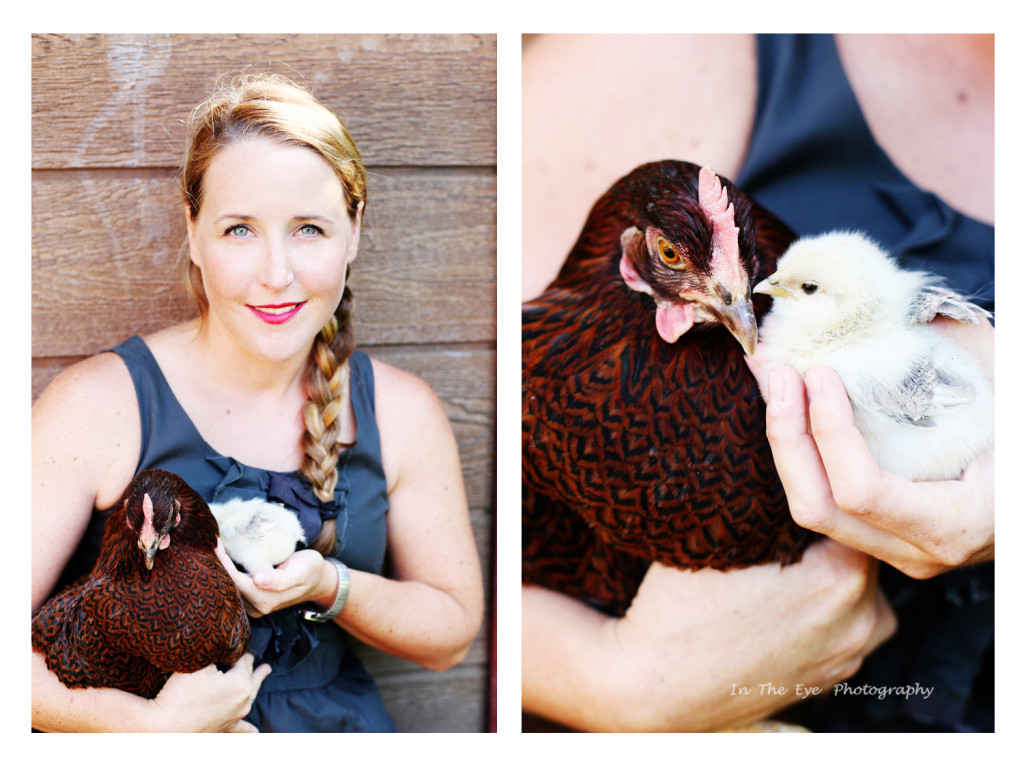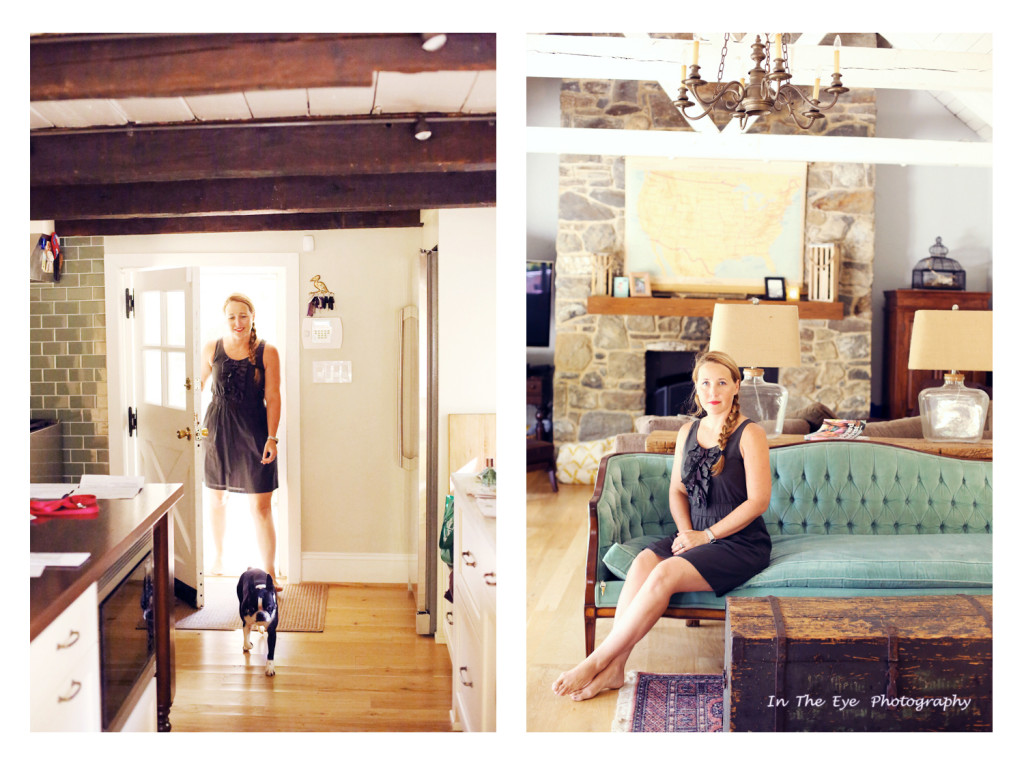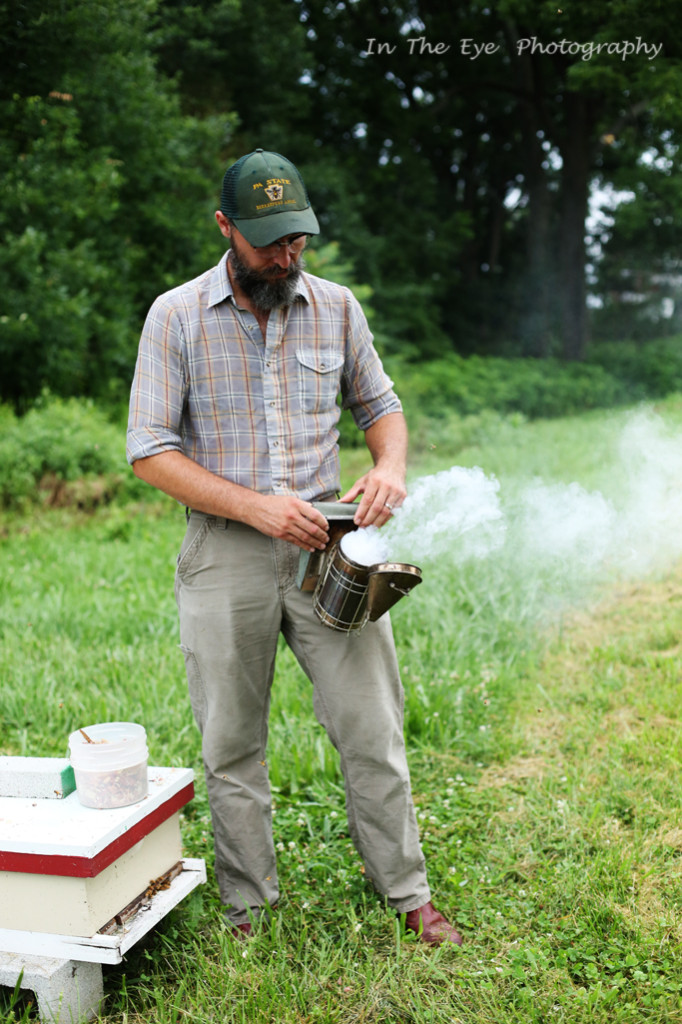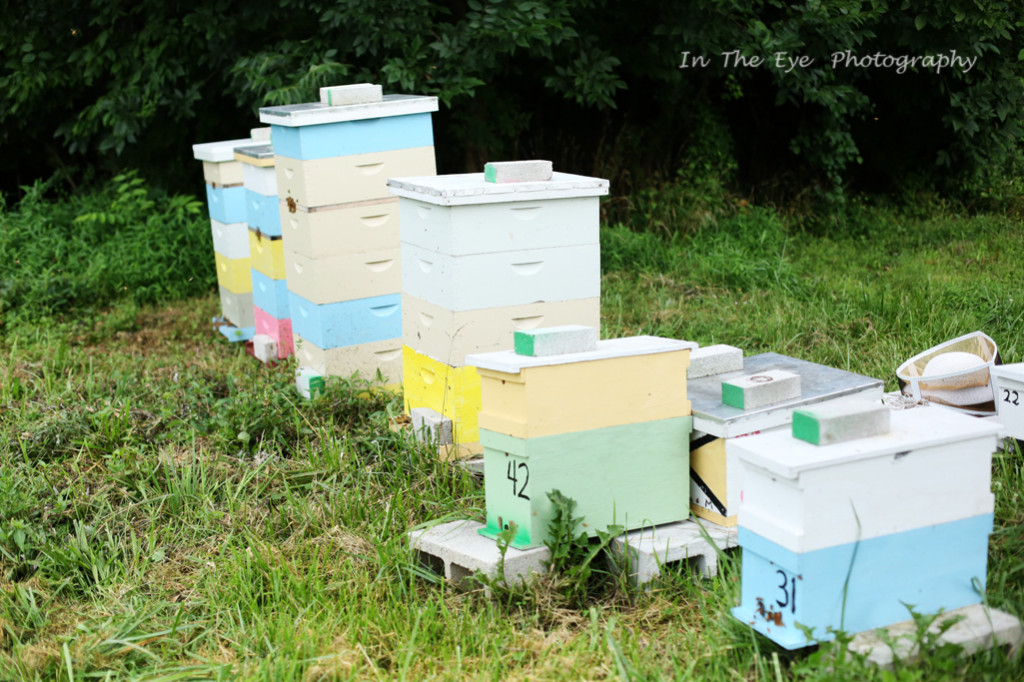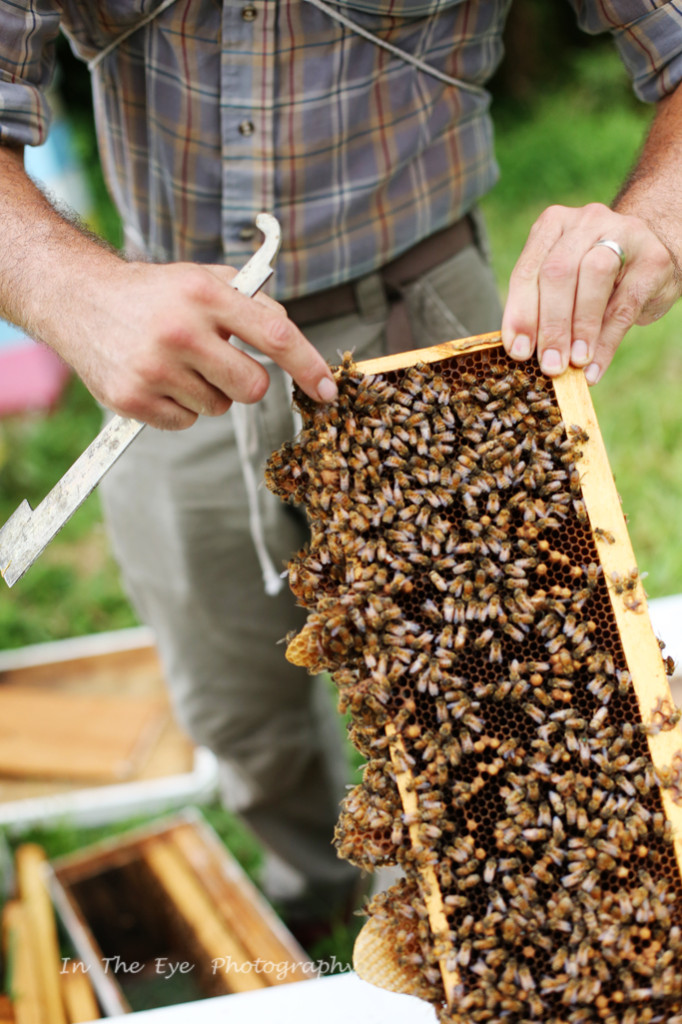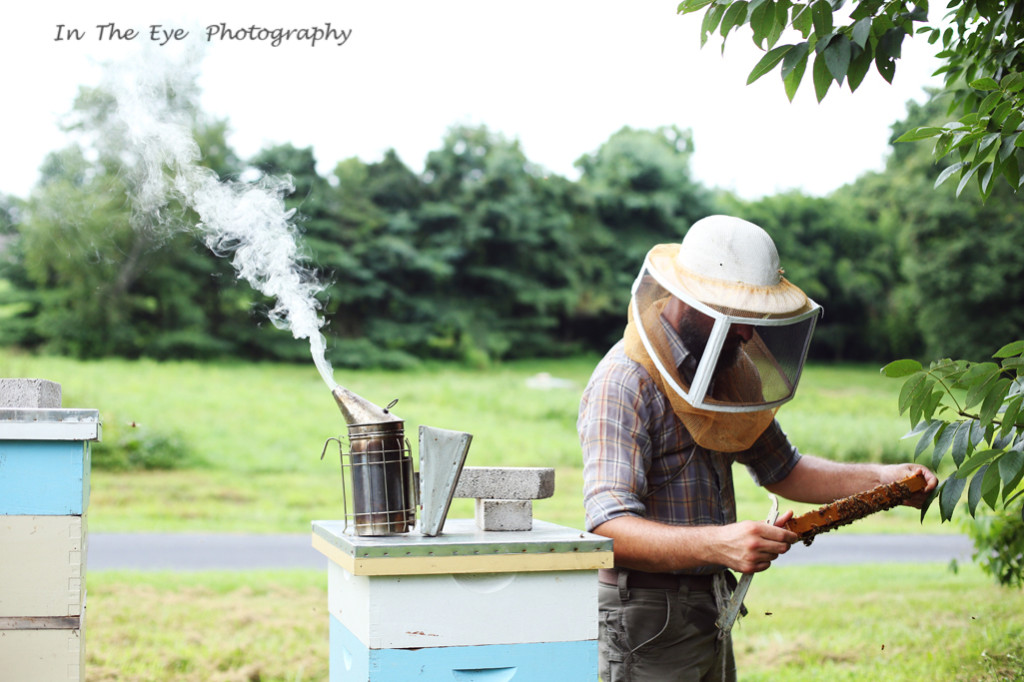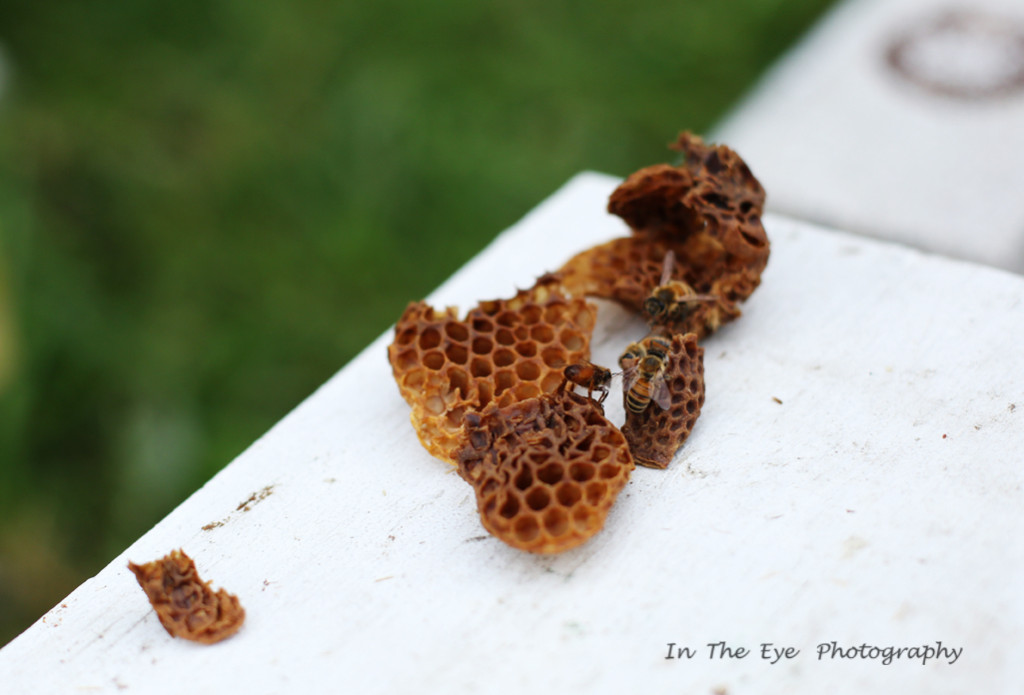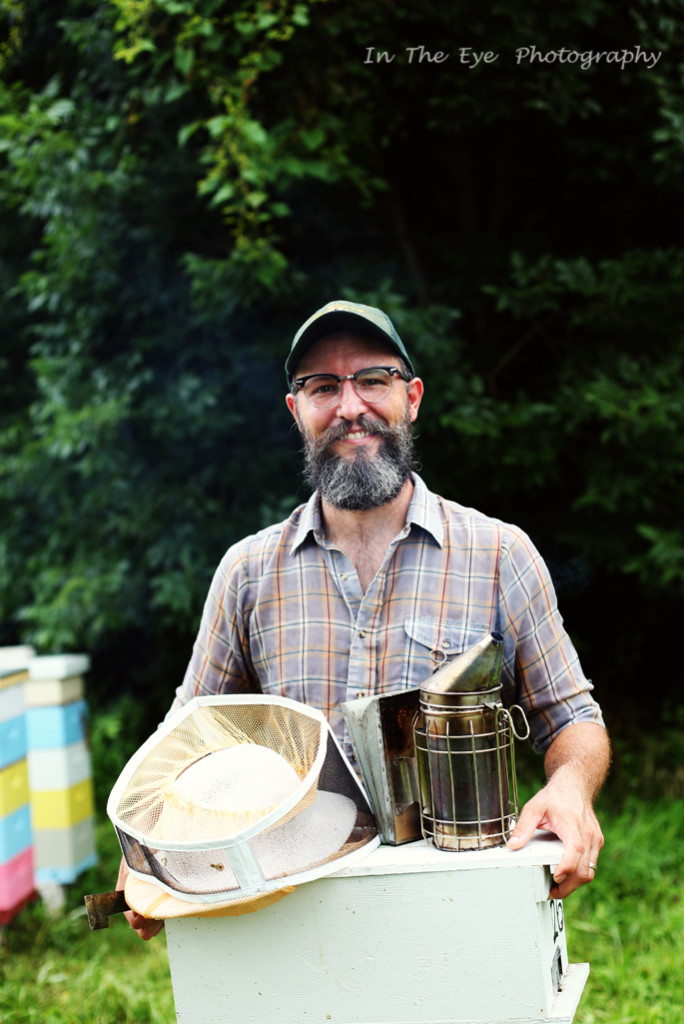Murry was my ESL teacher when I was just moved to Kennett. At that time, I had no friends here, everything was new to me. Through his class, I made friends and improved my English. He was such a wonderful teacher. Thank you so much! Murry
1.what did you do before you became English teacher?
Prior to embarking on my new career of English as a Second Language (ESL) instructor for adult learners with the Adult Literacy Program, I completed nearly forty years of DUPONT Co. employment. At the time of my retirement in June of 2001, I had enjoyed a varied history of jobs in operations planning, domestic marketing, and foreign sales across numerous product lines. Of course many years ago as a U.S. Army veteran of the AMEDS group at Madigan Hospital (WA) I had learned the useful trade of Medical Lab Technologist. It was rewarding to be able to put that training to helpful use part-time at St. Francis Hospital Lab (DE) and blood bank for many years.
2. How did you start?
As an ESL instructor one is rewarded each day by being able to note our contribution to students’ English language improvement in communication through practice in speaking, listening, reading and writing. Some of the program’s most prideful moments are learning that two brothers from Cote d’Ivoire are now local university graduates, numerous students have begun and maintained very successful businesses in Chester County, dozens of students have gone on to secure U.S. citizenship, several past students are now professors providing English as a Foreign Language (EFL) in their home countries of Brazil and Colombia. Add to that, one of our administrative staff members not only learned her impeccable English at our ESL classes but also earned citizenship by fully participating in the Adult Literacy Program over several years. It’s easy to understand from my experience with all of our students how important it is to provide ESL instruction. Out of all their experiences in the classroom they grow and brighten their personalities with friendships, culture, and social awareness that can’t be learned elsewhere.

